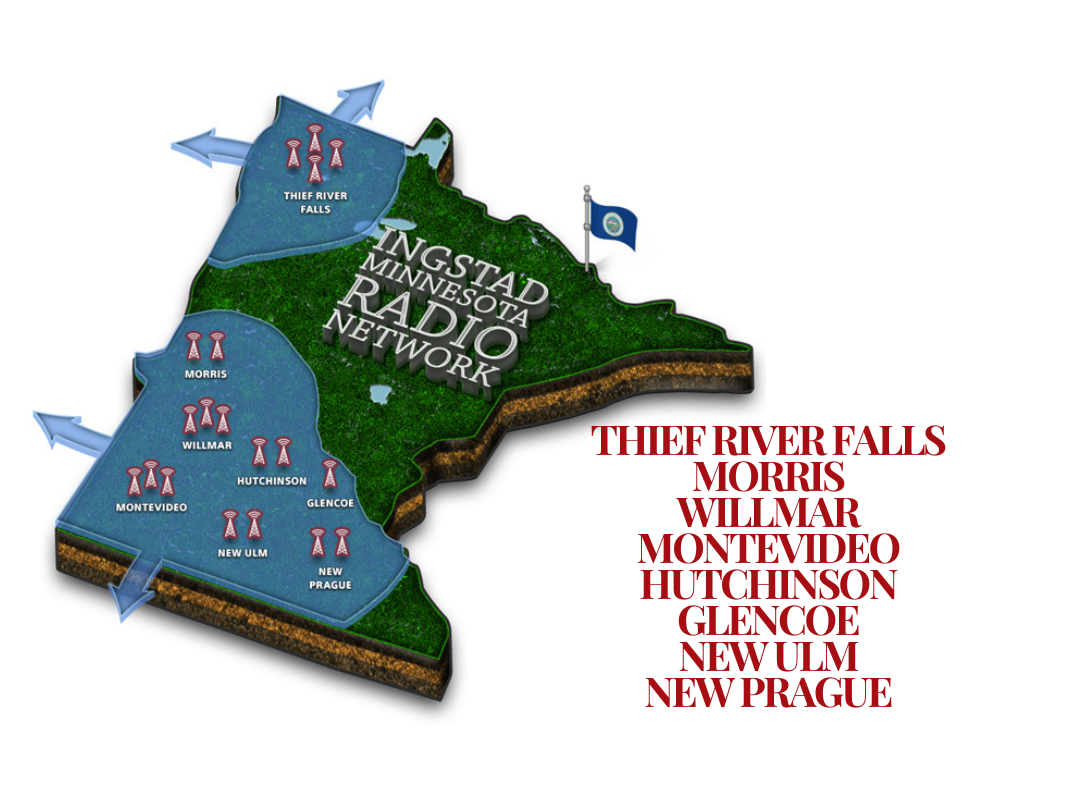Minnesota Jobs, Labor Force Little Changed Last Month
St. Paul, MN – Employment and labor force in Minnesota changed little over the month, with the state losing a small number of jobs and recording slightly fewer would-be workers in July, according to data from the Minnesota Department of Employment and Economic Development (DEED).
Minnesota’s unemployment rate increased to 3.2% as employers dropped a statistically-flat 1,100 jobs in July. The labor force fell by 2,200 people over the month. Minnesota’s unemployment rate is still lower than the national rate of 4.3%, which also increased this month, and the state’s labor force participation rate (67.8%) continues to be among the highest in the country.
Over the year, Minnesota has gained more than 29,200 payroll jobs. According to the most recent data from the Bureau of Labor Statistics, Minnesota employers had more than 169,000 open positions in May, an increase over the month prior.
“Despite monthly variance, Minnesota’s economy remains in a strong place. Companies report that they expect to continue hiring, we’re monitoring dozens of business expansions that will create thousands of jobs, and DEED is working hard to grow the state’s labor force as our new workforce programs enroll and graduate participants,” said DEED Commissioner Matt Varilek. “We’re also eagerly watching macroeconomic factors that could drive Minnesota business growth and hiring, including interest rate decisions from the Federal Reserve.”
Three of Minnesota’s 11 supersectors gained jobs last month, led by Education & Health Services, which added 4,300 jobs. Six supersectors lost jobs, including Trade, Transportation & Utilities, down 2,400 jobs; Leisure & Hospitality, down 2,000 jobs; and Financial Activities, down 1,100 jobs.
Wages for Minnesota workers continue to be high. Average hourly wages for private sector workers increased $1.42, or 3.9% over the year. The Consumer Price Index (CPI) a common measure of inflation, rose 2.9% over the year, meaning wages increased faster than inflation.
Over the last six months, DEED released nearly $35 million in funding for three new workforce training programs designed to bring more Minnesotans into the workforce and on the path to careers with family-sustaining wages. These include:
- $20 million for Drive for 5, an effort to prepare more Minnesotans for high-demand jobs in five occupational categories: technology, the trades, caring professions, manufacturing and education;
- $12 million to provide employment and training services for populations who have been historically overlooked and often face multiple barriers to employment; and
- $2.7 million for Clean Economy Equitable Workforce, to train Black, Indigenous and People of Color (BIPOC) and low-income Minnesotans for good-paying union trade jobs in the high-demand fields of construction, clean energy and energy efficiency.







